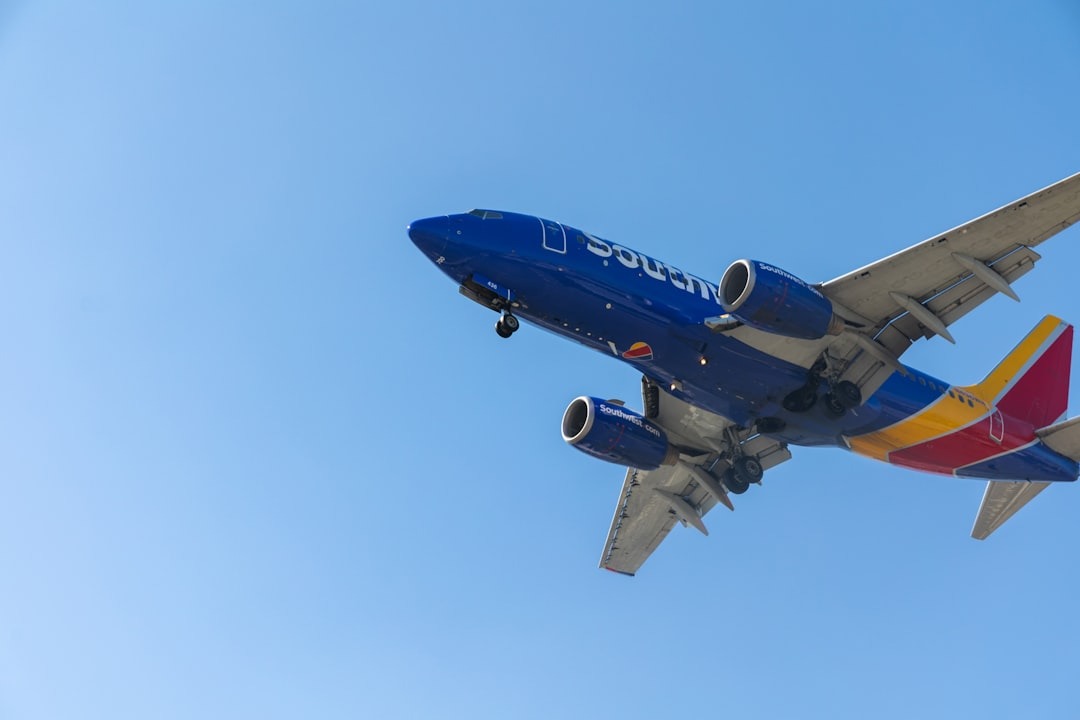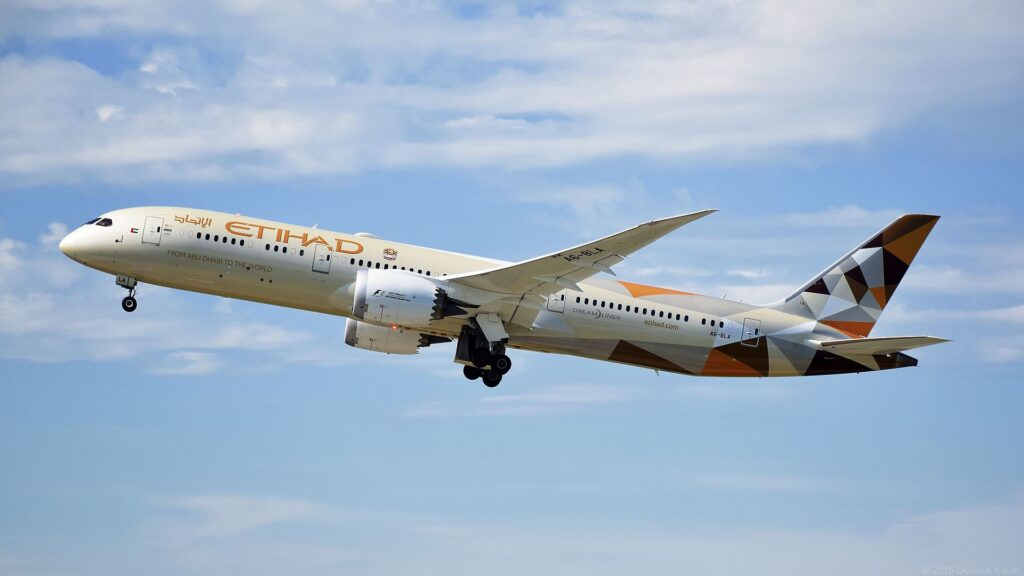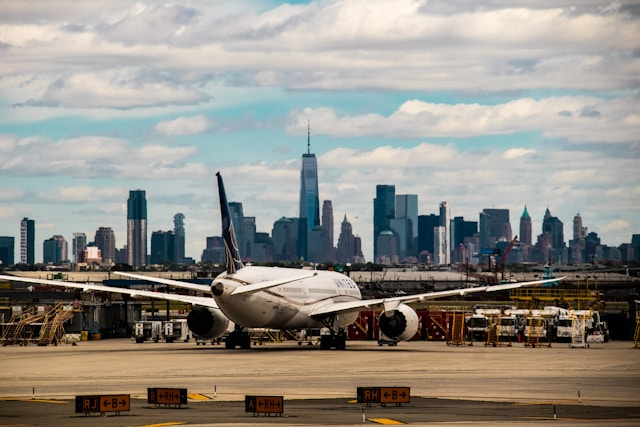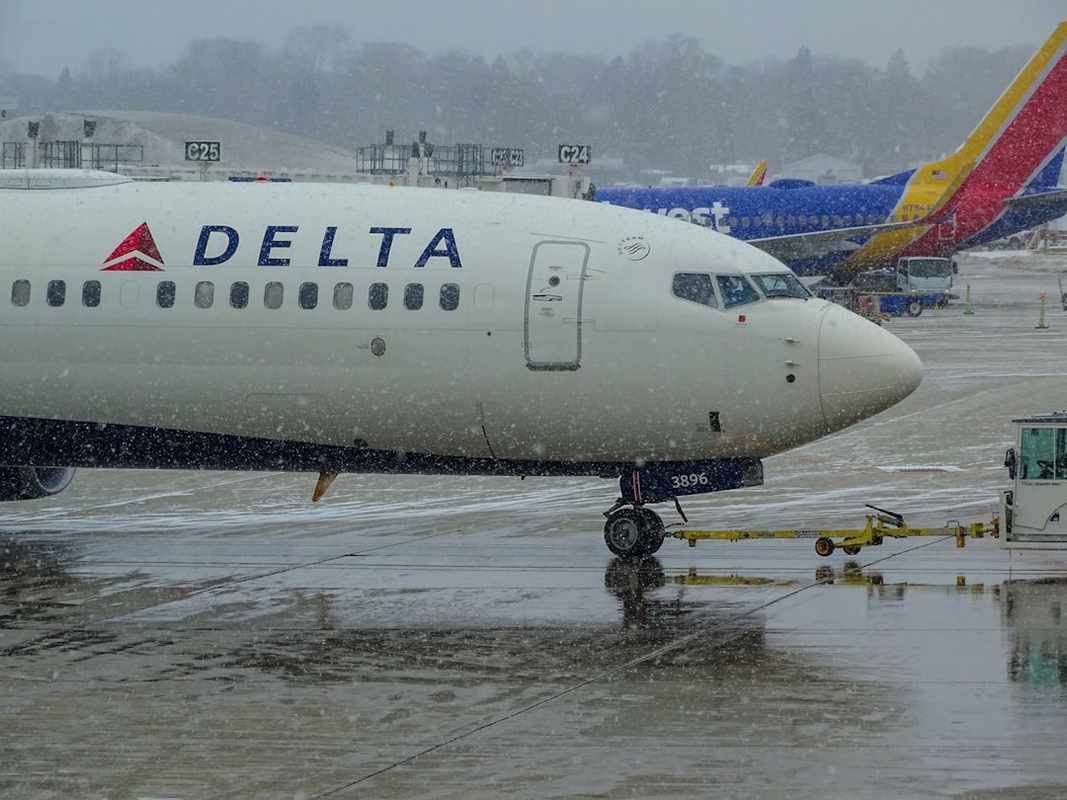Key Takeaways
• Southwest ends free checked bags starting May 28, 2025; charges $35 for first and $45 for second bag.
• Certain elite members and Southwest credit card holders keep free checked bag benefits, extending to eight companions.
• Southwest faces rising costs and investor pressure; estimates $1.5 billion revenue from new bag fees annually.
Southwest Airlines Ends “Bags Fly Free”: What Travelers Need to Know About Checked Bag Fees and Policy Changes
Southwest Airlines, long known for its “Bags Fly Free” promise, is ending its free checked bag policy after decades. Starting Wednesday, May 28, 2025, passengers will pay for checked bags on Southwest flights for the first time in the airline’s history. This change marks a major shift for both the company and its customers, especially for those who have chosen Southwest specifically to avoid checked bag fees.

Who is affected? All Southwest Airlines passengers booking flights on or after May 28, 2025, will face new checked bag fees, unless they qualify for certain exemptions. The new policy brings Southwest in line with other major U.S. airlines, ending a long-standing tradition that set the company apart.
What is changing? The airline will now charge $35 for the first checked bag and $45 for the second checked bag per passenger, per flight. These fees apply to all new bookings made from May 28, 2025, onward. The last day to book Southwest flights without these fees is May 27, 2025.
Why is this happening? Southwest is making these changes to address financial pressures, rising costs, and increased competition. The airline expects to generate significant new revenue from checked bag fees, but also risks losing some loyal customers who valued the “Bags Fly Free” policy.
How will this affect travelers? Most Southwest passengers will now need to budget for checked bag fees, consider packing lighter, or look for ways to qualify for free checked bags through elite status or credit card benefits.
Let’s break down the details, explain who still gets free checked bags, and look at what these changes mean for travelers, employees, and the airline industry.
The End of “Bags Fly Free”: Key Details
For years, Southwest Airlines built its brand around the promise that “Bags Fly Free.” The airline even trademarked the phrase “Two bags fly free” and used it in countless ads. This policy was unique among major U.S. airlines, helping Southwest attract families, budget travelers, and anyone who wanted to avoid extra fees.
Starting May 28, 2025, this will change:
- First checked bag: $35
- Second checked bag: $45
- Applies to: All new bookings made on or after May 28, 2025
- Last day to book with free checked bags: May 27, 2025
These new fees match what other big airlines like United Airlines and Delta Air Lines already charge. According to analysis by VisaVerge.com, Southwest’s move brings its baggage policy in line with industry standards, but also removes one of its biggest selling points.
Who Still Gets Free Checked Bags?
Not everyone will have to pay for checked bags on Southwest Airlines. The airline is keeping free checked bag benefits for certain groups:
- Business Select passengers: Still get two free checked bags
- A-List Preferred members: Still get two free checked bags (requires 40 flights per year to qualify)
- A-List members: Get one free checked bag
- Southwest Rapid Rewards credit card holders: Get one free checked bag
Good news for families and groups: If you’re an elite member or have a Southwest credit card, your free checked bag benefit extends to up to eight companions on the same reservation. This can save a lot of money for larger groups traveling together.
Tip: If you travel often with Southwest, consider applying for a Southwest Rapid Rewards credit card or working toward elite status to keep at least one free checked bag.
Why Is Southwest Airlines Making This Change?
Southwest’s decision to start charging checked bag fees is part of a larger effort to improve its financial health and adapt to a changing airline industry.
Here’s what’s driving the change:
- Rising costs: Fuel and labor costs have gone up, making it harder for airlines to stay profitable.
- Changing travel habits: After the pandemic, more people are flying less often, and budget airlines are having trouble filling planes.
- Pressure from investors: Big investment firms, like Elliott Investment Management, have pushed Southwest to make changes that will increase profits.
- Industry trends: U.S. airlines made over $7 billion from baggage fees last year. Southwest only made $83 million, much less than competitors like Spirit ($774 million), Frontier ($861 million), and the “Big Three” (American, Delta, United), each making over $1 billion.
Southwest estimates that charging for checked bags could bring in about $1.5 billion in new revenue each year. However, the airline also worries it could lose up to $1.8 billion in business from customers who picked Southwest just for the free bags.
What Other Changes Are Coming to Southwest Airlines?
The new checked bag fees are just one part of a bigger transformation at Southwest. The airline is making several other changes to its business model and passenger experience:
1. New Fare Structure
Starting May 28, 2025, Southwest will introduce a new “Basic” fare category for its lowest-priced tickets. This new fare will likely come with more restrictions, similar to “basic economy” fares on other airlines.
2. Portable Charger Policy
Also beginning May 28, passengers must keep portable chargers (like power banks) in plain sight while in use. This rule is meant to reduce the risk of fires from lithium-ion batteries.
3. End of Open Seating
Southwest is famous for its open seating policy, where passengers pick any available seat when they board. This tradition will end in early 2026, when the airline switches to assigned seating. Passengers will be able to pay extra for seat selection and more legroom.
4. Premium Seating Options
Southwest will offer new options to pay for seat selection and extra legroom, giving passengers more choice and comfort for an added fee.
5. Red-Eye Flights
For the first time, Southwest will offer overnight “red-eye” flights, expanding its schedule and giving travelers more options.
Impact on Southwest’s Workforce
These changes come during a tough time for Southwest employees. In February 2025, the airline announced it would cut 1,750 jobs, about 15% of its corporate workforce. This is the first major layoff in Southwest’s 53-year history.
The job cuts and new policies are part of a larger effort to make the airline more competitive and financially stable. However, they also mean uncertainty for many workers and could affect customer service if fewer staff are available.
How Does This Affect Southwest’s Place in the Airline Industry?
For years, Southwest stood out from other airlines by offering free checked bags, open seating, and friendly service. These features helped the airline build a loyal customer base and a strong brand.
Now, by charging checked bag fees and making other changes, Southwest is becoming more like its competitors. Some industry experts think this could make it harder for Southwest to compete, especially in big cities where the “Big Three” airlines (American, Delta, United) are already strong.
Others point out that baggage fees are almost pure profit for airlines, since they don’t have to pay taxes on this revenue. This could help Southwest make up for lost business from customers who leave because of the new fees.
The current economy is also a factor. Many airlines are seeing fewer passengers in economy class, while premium cabins are still full. This suggests that price-sensitive travelers may be flying less, making it harder for budget airlines to fill seats.
What Should Passengers Do Now?
If you’re planning to fly with Southwest Airlines, here’s what you need to know:
- Book by May 27, 2025: If you want to avoid checked bag fees, book your flights before the end of the day on May 27, 2025.
- Know the new fees: Starting May 28, 2025, expect to pay $35 for your first checked bag and $45 for your second.
- Check bag size and weight: Standard limits still apply. Bags that are too heavy or too big may cost even more.
- Consider a Southwest credit card: This can get you one free checked bag, which may save you money if you fly often.
- Be ready for new rules: Keep portable chargers visible while in use, and expect assigned seating starting in early 2026.
- Plan for premium options: If you want to pick your seat or get extra legroom, be prepared to pay extra.
For more details on baggage rules and fees, visit the official U.S. Department of Transportation’s Baggage Fees page.
What Does This Mean for Immigrants and International Travelers?
While Southwest Airlines mainly serves domestic routes in the United States 🇺🇸, these changes can still affect immigrants, international students, and families visiting or living in the country.
Key points for immigrants and international travelers:
- Budgeting for travel: Many immigrants and international students choose Southwest for affordable travel within the United States 🇺🇸. The new checked bag fees mean higher costs, especially for those traveling with family or bringing extra luggage.
- Group travel: Families visiting from abroad or traveling together within the United States 🇺🇸 should check if anyone in the group qualifies for free checked bags through elite status or a Southwest credit card.
- Connecting flights: If you’re connecting from an international flight to a Southwest domestic flight, remember that checked bag fees will now apply on the Southwest segment.
- Travel planning: Consider other airlines or travel options if checked bag fees are a concern, especially for longer stays or moves that require more luggage.
How Will This Affect Different Groups?
For Families: The end of “Bags Fly Free” means families will pay more to check bags, especially on longer trips or vacations. However, if one family member has elite status or a Southwest credit card, up to eight people on the same reservation can still get free checked bags.
For Business Travelers: Business Select passengers and elite members will keep their free checked bag benefits. However, those without status may need to pay extra or consider packing lighter.
For Students and Budget Travelers: The new fees could make Southwest less attractive for students and budget travelers who rely on free checked bags to save money.
For Employees: Job cuts and policy changes may lead to uncertainty and changes in the workplace, affecting morale and customer service.
What’s Next for Southwest Airlines?
Southwest’s decision to end its free checked bag policy is a big change for the airline and its customers. The company hopes that new revenue from checked bag fees, along with other changes like assigned seating and premium options, will help it stay competitive and profitable.
However, the risk is that some loyal customers may choose other airlines, especially if they were drawn to Southwest for its unique policies. The airline will need to work hard to keep its reputation for friendly service and value, even as it becomes more like its competitors.
Practical Steps for Travelers
- Check your booking date: Only flights booked before May 28, 2025, qualify for free checked bags.
- Review your travel plans: If you have upcoming trips, consider booking now to avoid new fees.
- Look for ways to save: Use a Southwest credit card or aim for elite status to keep free checked bag benefits.
- Stay informed: Watch for more changes, like assigned seating and new fare options, in the coming months.
For official information on airline baggage fees and consumer rights, visit the U.S. Department of Transportation’s Aviation Consumer Protection page.
Conclusion
The end of Southwest Airlines’ “Bags Fly Free” policy is a major change for the airline, its customers, and the broader travel industry. While the new checked bag fees bring Southwest in line with other airlines, they also mean higher costs for many travelers. By understanding who still gets free checked bags, planning ahead, and staying informed about new policies, passengers can make the best choices for their travel needs.
As reported by VisaVerge.com, this move signals the end of an era for Southwest and a new chapter in the airline’s history. Whether these changes will help the airline thrive or lead to new challenges remains to be seen, but one thing is clear: travelers will need to adjust to a new reality when flying Southwest Airlines.
Learn Today
Checked Bag Fees → Charges applied by airlines for checked luggage beyond carry-on allowances on a per bag, per flight basis.
Elite Status → A tier in airline loyalty programs granting benefits like free checked bags or priority boarding.
Basic Fare → A lower-priced ticket category with added restrictions, often excluding perks like free seat selection.
Open Seating → A boarding policy allowing passengers to choose any available seat without assigned seating.
Rapid Rewards → Southwest Airlines’ frequent flyer program that offers perks including free checked bags and points.
This Article in a Nutshell
Southwest Airlines ends its “Bags Fly Free” policy on May 28, 2025, charging fees for checked bags for the first time. This major change affects all passengers booking after that date, bringing Southwest in line with competitors and reshaping budget traveler expectations across its routes.
— By VisaVerge.com













